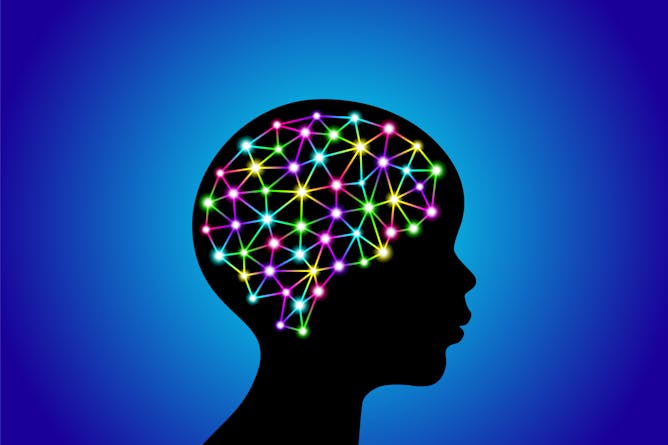|
Welcome to Sunday! The top five stories on our website this week are displayed below.
Editor’s pick: This week’s editor’s pick was actually chosen by readers. A colleague noticed that a 2017 story by Chapurukha Kusimba of the University of South Florida was gaining new readership.
The anthropology professor examined the murky origins of humankind’s first money. One use was to give power to the state. “Political leaders could control the production of coins – from mining, smelting, minting – as well as their circulation and use,” Kusimba wrote.
Revisiting this article now can help readers understand why blockchain technology and cyptrocurrencies may be so revolutionary. If that sentence left you feeling a little lost, check out this recent piece by Rabindra Ratan and Dar Meshi at Michigan State that examines what the metaverse may mean for money.
|

Physically removing bad or unwanted memories by altering synapses in the brain may one day be possible.
apagafonova/iStock via Getty Images Plus
Don Arnold, USC Dornsife College of Letters, Arts and Sciences
Understanding where and how memories are formed could lead to more ways to treat conditions like PTSD and addiction.
|

Telecommunications companies around the world are expanding their next-generation, or 5G, networks.
Guo Shining/VCG via Getty Images
Prasenjit Mitra, Penn State
5G is 10 times faster than 4G, promising better wireless internet access. It’s also expected to put the Internet of Things revolution in high gear.
|
|
|
-
Jay L. Zagorsky, Boston University
While the numbers of people quitting their jobs in 2021 are higher than normal, a closer look at all the existing data suggests the current trend isn’t as dramatic as news headlines imply.
-
Larry C. Napper, Texas A&M University
A former US ambassador to Kazakhstan explains the strategic and economic importance of Kazakhstan to the US.
-
Aram Goudsouzian, University of Memphis
Poitier dazzled Hollywood with on-screen grace and bankability. His dignified roles and respectable values forever changed the image of Blacks, then mostly portrayed as maids, buffoons or criminals.
|
|